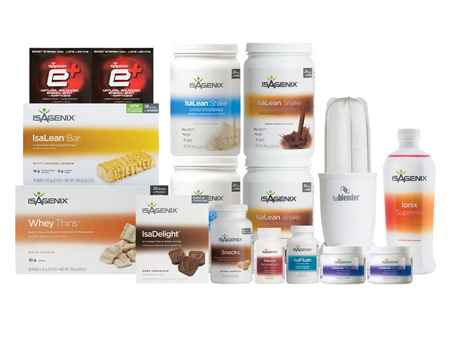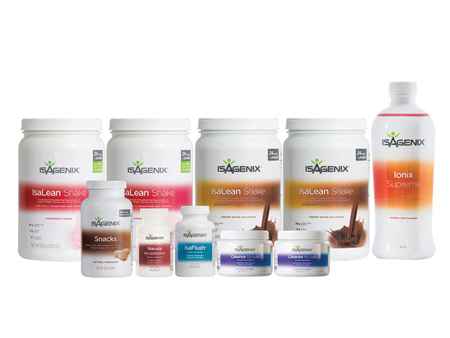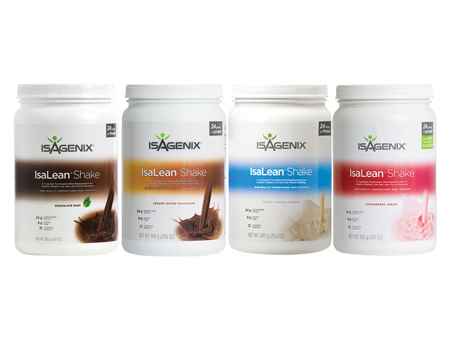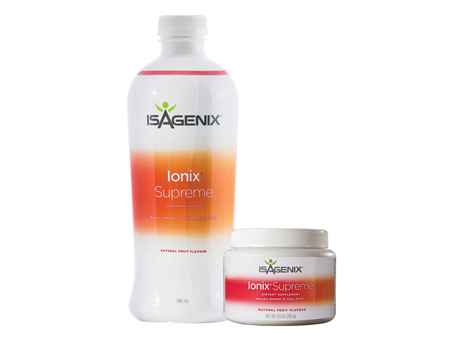The word “fat” has a negative connotation. We think that by automatically reaching for the “low fat” option at the grocery store, we’re making the better choice. However, fats don’t deserve this severe reputation. While some fats can be damaging to your health, others actually have health benefits that can keep you looking better and living longer. Fats provide important fatty acids and are essential for the delivery of some vitamins, and some fats are actually good for your heart. It’s easy to get bogged down by nutrition labels, so let’s look at the different types of fats and their positive and negative qualities.
Fats Can Be Broken Down Into Two Categories

Now that we know a bit about how to identify the two main types of fats, it’s time to talk about each type in more detail. Let’s start with the good news first, and talk more about unsaturated fats.
Unsaturated Fats

Monounsaturated fats are great for you, too. Just ask countries like Greece and Italy that have lots of these in their diets! These fats can be found in olive oil, avocado, and lots of different nuts, so they are great for vegetarians and vegans to keep in mind. Having monounsaturated fats in your diet has been shown to lower LDL cholesterol and maintain HDL cholesterol. They are also beleived to be good for weight loss and decreasing joint pain.
Saturated Fats

There is a specific type of saturated fat that you may hear a lot about: trans fats, or trans fatty acids. Trans fats occur naturally in small amounts in meat and dairy. However, they most frequently show up as the result of unnatural processing of food, creating something called a partially hydrogenated fat. These fats appear frequently in highly processed foods, as well as products that are heavily fried. Trans fats tend to raise LDL cholesterol, increase your risk of heart attack and stroke, and raise your risk of developing type 2 diabetes. Because these partially hydrogenated fats are the result of an artificial process, one way to avoid them is by including as much natural, unprocessed food in your diet as possible. You can’t go wrong with whole grains, fruits, and vegetables!
Improve Your Health







